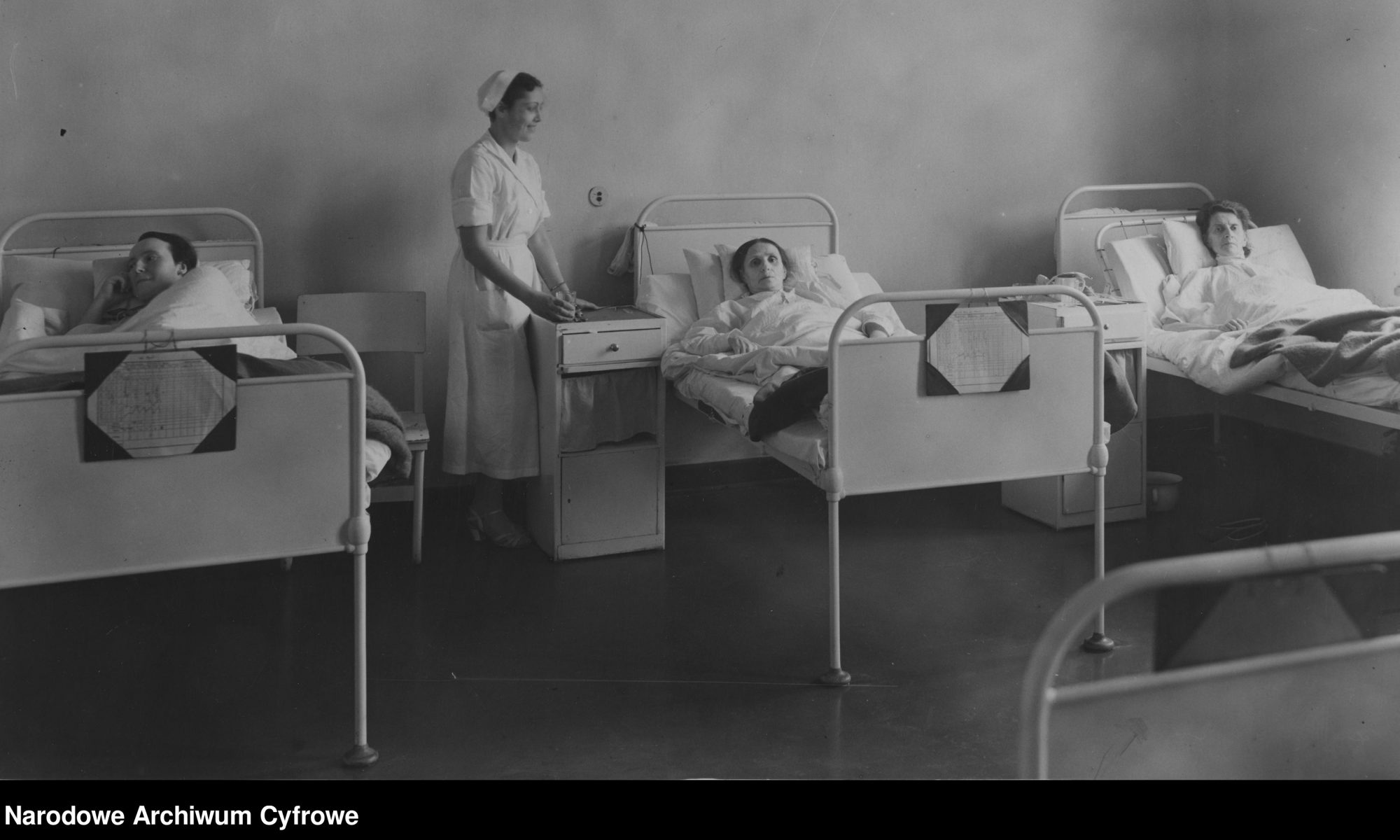“When the word ‘cancer’ is spoken, people start whispering,” wrote Teresa Toruk-Nowakowa, a Polish psycho-oncologist at the Institute of Oncology in Kraków, in 1984.
More than a decade earlier, in 1971, Marek Koryewo, a journalist, described the tabooisation of cancer as “a conspiracy of silence”, while in the 1990s, Professor Tadeusz Koszarowski, the most distinguished Polish oncologist who coined the concept of oncology and established the first central register and epidemiology of neoplastic diseases, remembered the socially widespread fear of cancer and its downright identification with a death sentence.
However, was this attitude towards neoplastic diseases common to all social groups to the same extent? Was the fear termed “cancerophobia” by the 1960s sociologists a new phenomenon? Or maybe it had been there for a long time, but it became intensified during the peculiar acceleration of civilisation in the 60s and the 70s? How did the common knowledge and specialist knowledge on neoplastic diseases change and what was the position taken by these diseases in the pre-war and post-war health policy of the state?
The questions formulated above constitute the starting point for the research project concerning the social and cultural history of cancer in post-war Poland. As such, the research will be inscribed into the historical studies of health and disease as well as the history of medicine covering nearly the entire last century.
